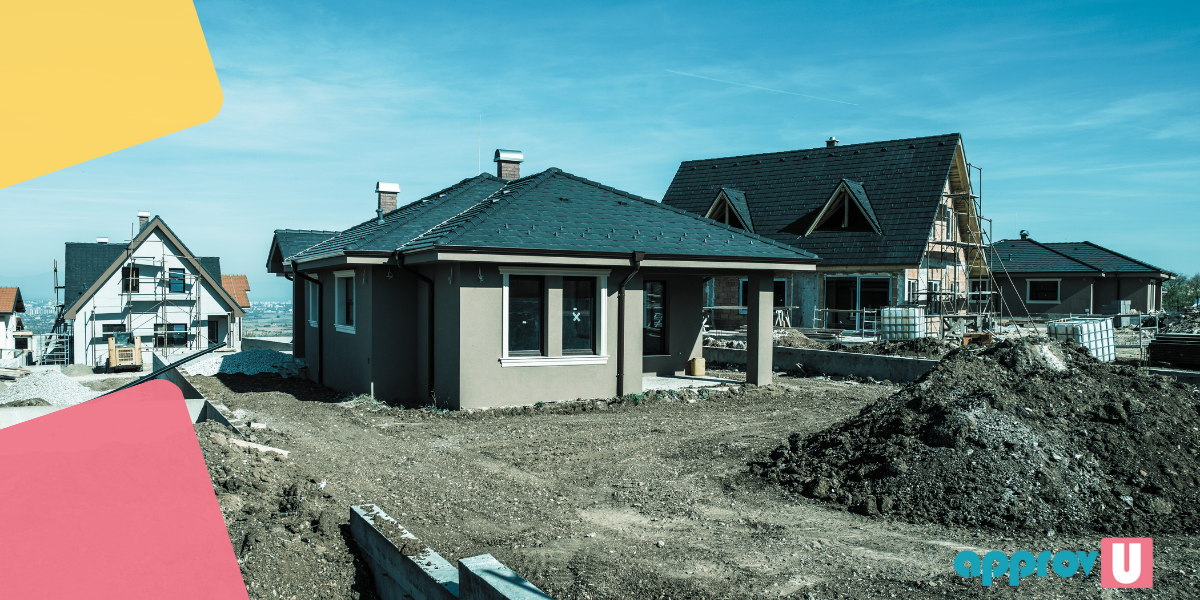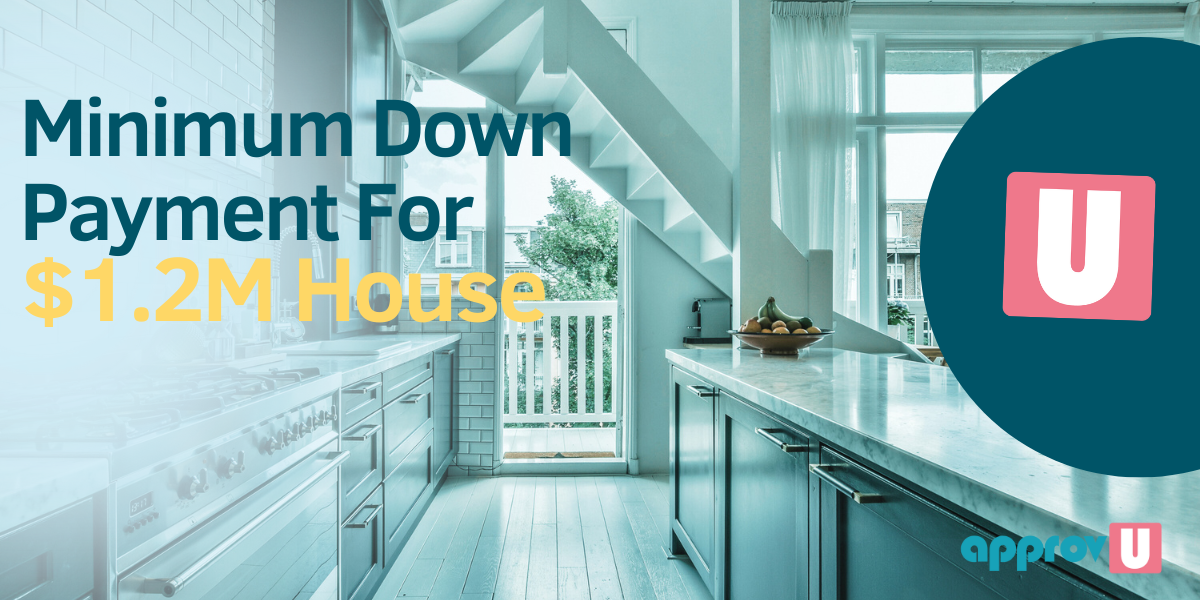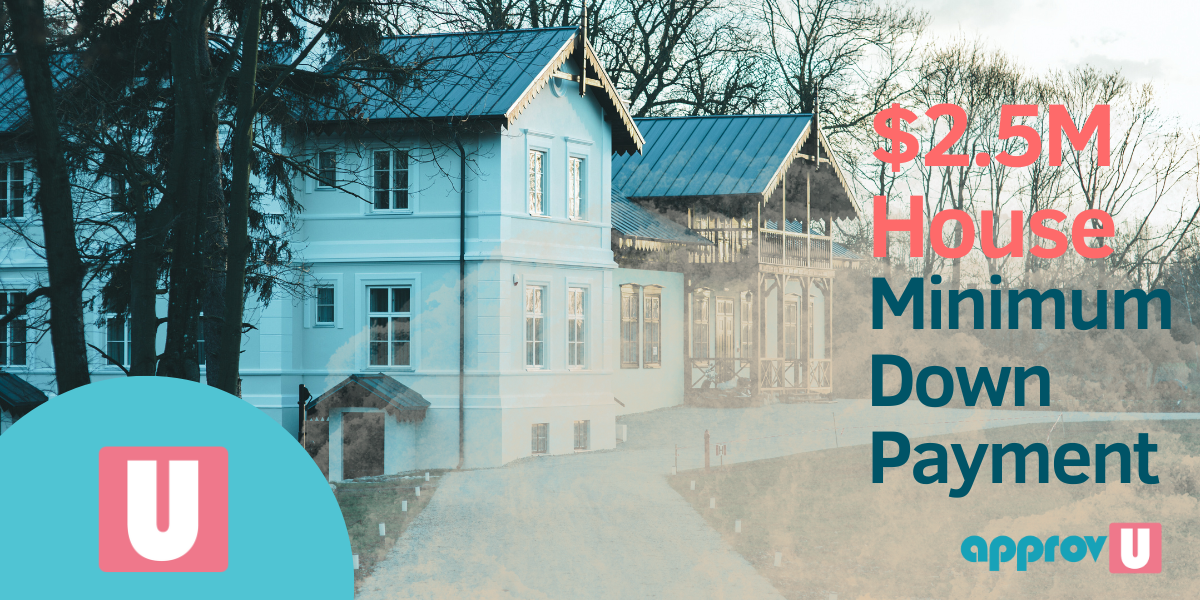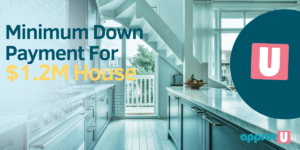Buying a new build house in Canada is an exciting experience that requires careful consideration and planning.
With so many options available, it’s easy to get overwhelmed and make mistakes.
But by following the proper steps, you can ensure that you’re getting the best deal on a quality home that meets your needs.
In this article, we’ll be walking you through 7 essential steps to buying a new build house in Canada like a pro.
From selecting the right neighbourhoods to closing on your mortgage and taking possession of the house, we’ll cover everything you need to know to make the process as smooth and stress-free as possible.
Buying A New Build House In Canada Like A Pro With These 7 Steps
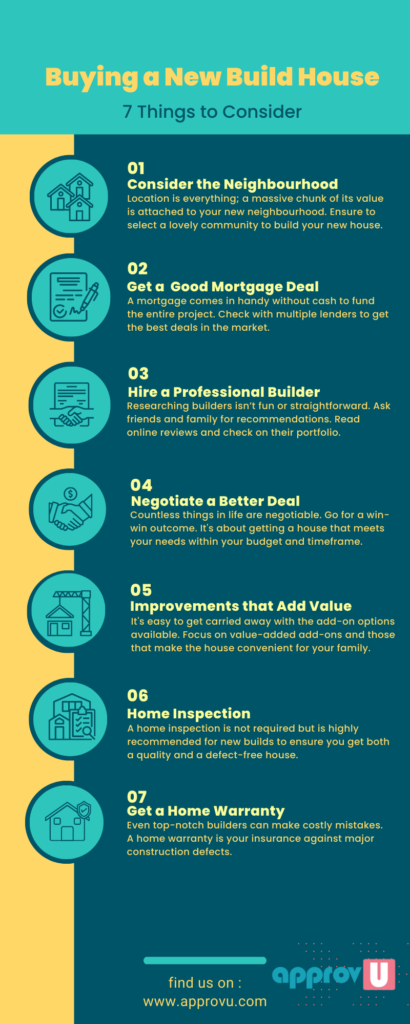
1: Go for a Friendly Neighbourhood
When buying a new house, getting caught up in the excitement of having a brand-new home built just for you is easy.
You might be so focused on how nice the house is that you forget to consider some of the more practical aspects of homeownership. But one of the most important factors in your home’s value is its neighbourhood.
Location is everything regarding real estate, and no builder can control the direction your community will develop. You need to consider things like the quality of the schools in the area, the proximity to amenities like grocery stores and parks, and the overall safety of the neighbourhood.
You’ll want to ensure that you’re comfortable with the area you’re moving to and that it will be a place you’ll enjoy living in for a long time.
It’s also a good idea to research the local real estate market to see what similar houses in the area are selling for. This will give you an idea of how much your home will likely be worth. And suppose you’re planning on selling your home in the future.
In that case, ensuring you’re happy with the neighbourhood you’re moving to is especially important.
In summary, while it’s natural to get excited about your new house, don’t forget that a big part of the value of your home is tied to the neighbourhood it’s in.
Location is everything, and ensuring you’re happy with the community you’ll be living in is essential.
A good real estate agent or a local expert can also give you some insights about the neighbourhood.
It’s essential to consider this when selecting a lovely and friendly neighbourhood for your new house.
2: Shop the Market for Better Mortgage Deals
One of the common mistakes that some home buyers make is not shopping around for a better mortgage.
When you’re building a brand new house, your builder may offer in-house financing or recommend certain lenders they work with regularly. While it’s convenient to go through the builder, it’s important to compare the rates and terms offered by these lenders to other options in the market.
When looking at new construction mortgage options, it’s crucial to be cautious with the builder’s recommended lender.
These lenders may have special deals or incentives that make their offers more appealing.
But even if the offer sounds good at first, it’s important to check if their interest rates are even slightly higher than other lenders.
This could cost you more in the long run and wipe out any “incentive” you may have gotten.
The bottom line is that you never know what’s available until you ask. Comparing rates and terms from different lenders is crucial to ensure you get the best deal in the market.
A little bit of extra effort can save you thousands of dollars over the life of your mortgage. Your real estate agent can also provide you with a list of reputable lenders and their offers. This way, you can have a variety of options to choose from.
3: Hire a Professional Builder
Alright, we’ve discussed some of the issues you might have with your builder, but let’s discuss how to choose the right builder.
There are a few mistakes that a lot of homebuyers make when it comes to working with builders.
Researching builders isn’t the most exciting or easy thing to do.
There are a lot of builders out there, and most of them are pretty busy, so they might not have time to give you all the details of their past projects. But you can still find a lot of information through a quick Google search.
If you’re not sure which local builders are the right fit for you, it’s worth it to talk to a real estate agent. They’ll have a lot of experience working with builders and can give you some good recommendations.
You can also find information on builders through online reviews and testimonials.
Many builders are active on social media and show off their work to their followers.
Good and reputable builders will be happy to talk to you about their work, even if they don’t have a big online presence. They’ll be happy to answer your questions and discuss your options.
4: Negotiate A Win-Win Deal
Many things in life can be negotiated.
Some home buyers think it’s impolite or impossible to negotiate with a builder, but that’s not the case. Builders get paid differently, and there are usually areas where they’re open to negotiation. That’s where real estate agents negotiate with builders on different fees.
Plus, builders often pay the realtor’s commissions, so working with a real estate agent doesn’t have to cost you anything extra.
The bottom line is, if you don’t ask, you’ll never know if you could have saved some money.
Don’t be afraid to negotiate – it’s just part of the process!
5: Focus on Improvements that Add Value
Do you know how exciting it can be to pick out all the little extras for your new home?
The catalogues for add-ons are pretty and comprehensive. Still, it’s super easy to get carried away and spend more than you would have if you had bought an older house.
When it comes to add-ons for your primary residence, it’s smart to focus on improvements that will add value to your home. Usually, that means spending less on appearances unless those appearances also add value.
One great example is swapping out linoleum flooring for hardwood or vinyl flooring. This simple upgrade will make your home look nicer and increase its value.
Always remember that an improvement that raises the value of your home can always be at least partially justified.
Investments like new and more efficient air conditioning or heating are always valuable.
But many improvements that look pretty will never give you a return on investment.
The point is, you want a new house, not a model house. You don’t have to go all out to make it perfect. Just make it yours.
6: Home Inspection
A home inspection isn’t a must, but it’s a good idea, especially regarding new builds.
A private home inspector will make sure you get a house that’s both high-quality and free of defects.
Even though your house is brand new, that doesn’t mean it’s guaranteed to be perfect. That’s why it’s smart to make your purchase contract dependent on a thorough inspection of the newly built property.
It’s worth noting that municipal code inspections aren’t as thorough as private, professional inspections. A good inspector will spot things that you might miss.
Most builders are used to inspectors checking their work, so don’t hesitate to ask for inspections at the end of each significant building phase.
But if the builder objects to inspections altogether, that’s a red flag and worth looking into.
7: Check the New Home Warranty Agreement
In addition to getting the house inspected, you should also make sure that the house has a new home warranty coverage.
A new home warranty is a type of warranty that home builders for newly constructed homes usually offer.
It’s meant to protect you from defects in workmanship and materials for a certain time, usually between one and ten years.
The coverage and terms of a new home warranty can vary based on the builder and the specific terms of the warranty. It commonly covers things like structural defects, major systems like HVAC and plumbing, and certain appliances.
Some warranties also cover labour costs for repairs and may have a service call fee. It’s important to check the warranty agreement carefully and understand what is covered and for how long.
New home warranties are usually separate from homeowner’s insurance, which covers damages and losses due to natural events and other causes.
A home warranty gives you an extra layer of protection for your newly built home and gives you peace of mind knowing that you’re covered in case something unexpected happens.
Conclusion
In conclusion, buying a new build house in Canada can be a thrilling experience.
Still, it also requires careful consideration and planning.
Following these 7 steps, you can make buying a new build house in Canada like a pro.
Start by getting pre-approved for a mortgage, research the builder, consider the house’s location, inspect the house, ensure that the house has a home warranty coverage, compare mortgage rates across several lenders, and work with a real estate agent.
By taking these steps, you can make an informed decision about your new build house and ensure that you get a quality home at a fair price.
Remember, a little extra effort can save you thousands of dollars over the life of your mortgage. Buying a new build house in Canada can be an exciting time.
Still, it’s important to be prepared and informed throughout the process to make the best decision for you and your family.


